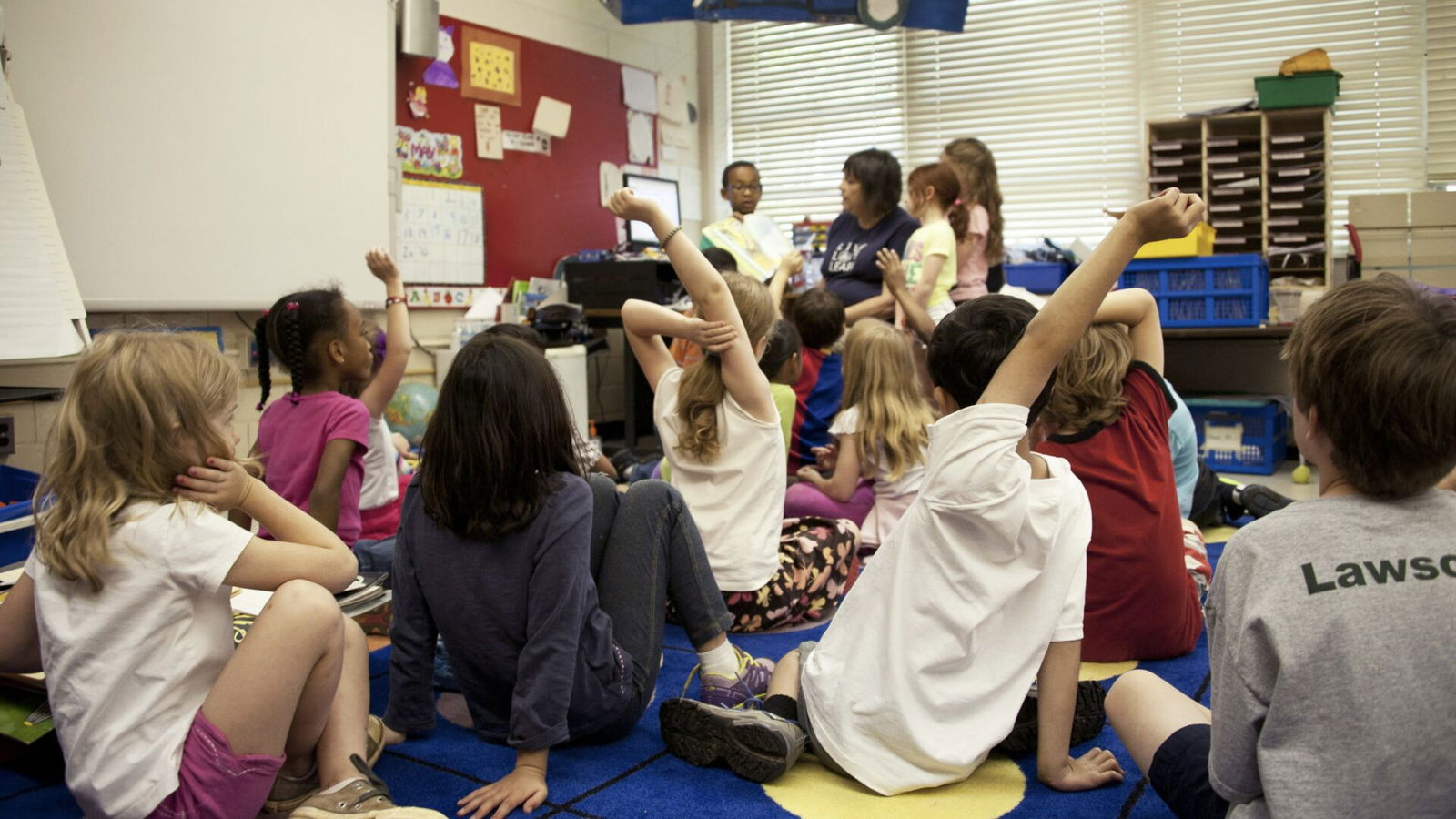
Education Experts Share How Parents Can Close COVID-19 Education Gap
By Movieguide® Contributor
Education experts are sharing their advice for parents who are looking to close the education gap created by COVID-19.
“We are meeting students and parents where they are, and we’re bringing solutions,” Alberto Carvalho, the superintendent of the Los Angeles Unified School District, told TODAY.
He emphasized the need for kids to physically be in class, as opposed to online learning, adding that, in order to close the gap caused by COVID-19, schools and parents need to work together to create educational opportunities outside of school hours.
“This is in part the response to the crisis that started with the pandemic, but honestly, this is a response to the failures of many systems for many decades prior to the pandemic. Returning our students back to pre-pandemic status is insufficient. We have a golden opportunity to really transform educational systems as we know them,” Carvalho explained.
He pointed to before- and after-school programming, as well as attending programs over school breaks, as ways to keep children’s minds engaged outside of the classroom.
Carvalho also encouraged parents to get involved and recognize their own power to change things, saying, “I want to show parents how they can become powerful voices of disruption in their own schools by empowering them with information.”
“I don’t think we will ever close the gaps,” Carvalho concluded. “The reason for that is that our school systems have wide-open doors. As much as we can improve the conditions for learning and performance of the students we have today, each and every day, we bring in new students.”
But, he added, “‘When you know better, do better.’ That’s where we are right now.”
Carvalho and his team aren’t the only ones focused on the education gap. The Center for Education Policy Research at Harvard University and The Educational Opportunity Project at Stanford University recently collaborated on a study that looked at education levels pre- and post-pandemic.
“If you looked across all the states, the recovery last year was actually large by historical standards,” Harvard Graduate School of Education economist Thomas Kane explained. “The recovery was twice as large as the average annual rate of change on the National Assessment of Educational Progress from 1990–2019 and 50% larger than the annual rate of change from 1990–2013, when math scores grew most rapidly. So, it was large, but it varied by state.”
He echoed Carvalho’s encouragement for parents to get involved, saying, “One place to start is by letting parents know when their child is behind. A number of polls have reported that parents believe that their own children have already caught up. They have been misinformed. Parents could play a role in advocating more spending on academic recovery.”
Karyn Lewis, part of the Center for School and Student Progress and a lead researcher at NWEA, told PBS, “I don’t think it’s necessarily that schools need to be doing things they haven’t been. They just need to be doing more of what they are doing.”
She added, “I don’t accept that this is our new normal. I hope others don’t, because, if we do that, if we just shrug our shoulders and accept that kids are this much farther behind than they used to be, that’s problematic…I don’t think we can just shrug our shoulders and accept that this is how things are.”
Questions or comments? Please write to us here.


 - Content:
- Content: 

